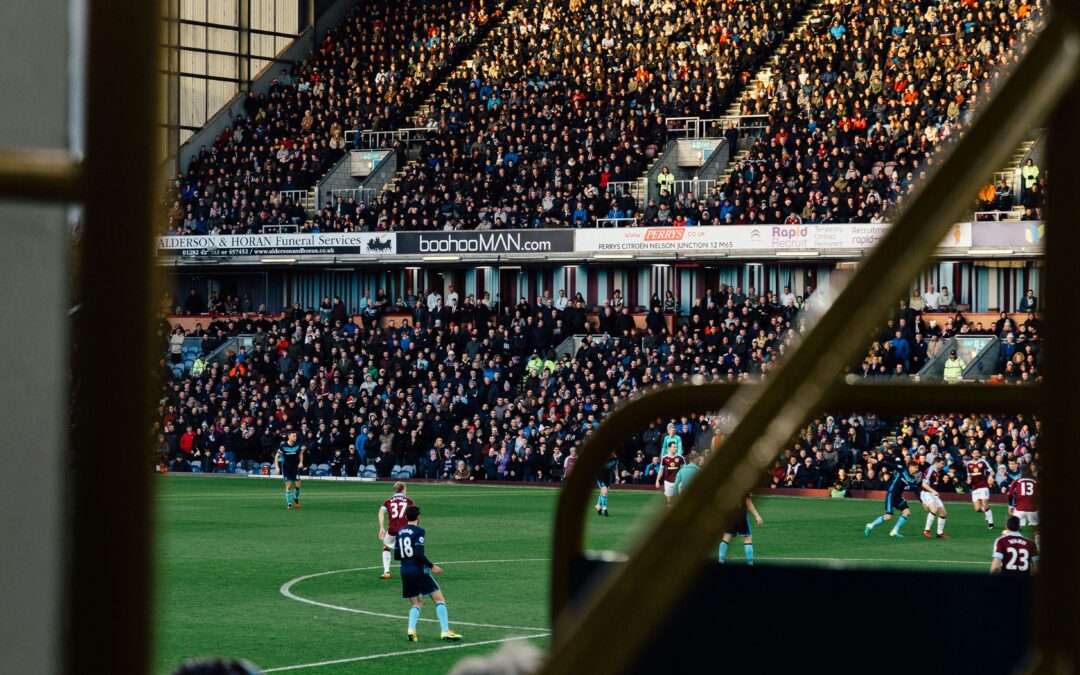The English Premier League (EPL) is not only the epicenter of world-class football but is also stepping up its game in environmental stewardship. In a landmark move, the league has announced a set of new environmental commitments aimed at reducing its carbon footprint and promoting sustainability. Let’s explore the four key measures outlined in the commitment and their significance in shaping the future of football and environmental action.
Robust Environmental Sustainability Policy
As part of its environmental commitment, the EPL aims to develop a comprehensive sustainability policy by the end of the 2024/25 season. This policy will serve as a guiding framework for clubs to adopt eco-friendly practices in their operations, from matchday activities to administrative processes. By setting clear objectives and targets, the league is laying the groundwork for a greener future, where environmental responsibility is prioritised at every level.
Appointment of Environmental Sustainability Leader
Recognising the importance of leadership in driving environmental initiatives, each club will designate a senior employee to spearhead its sustainability activities. This dedicated individual will be tasked with implementing the league’s environmental policies and coordinating efforts to minimize the club’s environmental impact. By placing a strong emphasis on leadership and accountability, the EPL is ensuring that sustainability remains a top priority across all clubs.
Greenhouse Gas Emissions Dataset
Measuring greenhouse gas (GHG) emissions is crucial for understanding and mitigating the environmental impact of football operations. To this end, the EPL aims to develop a comprehensive GHG emissions dataset encompassing scope 1, 2, and 3 emissions by the end of the 2025/26 season. This data will provide valuable insights into the sources of emissions within the football industry and inform strategies for reducing carbon footprint. Moreover, the league is committed to working towards a standardised approach to measuring emissions, enabling better comparison and benchmarking across clubs.
Support for Common Framework via PLSWG
Collaboration is key to driving collective action on environmental sustainability. The Premier League Sustainability Working Group (PLSWG) serves as a platform for clubs to exchange knowledge, share best practices, and develop a common framework for action. By actively supporting the PLSWG, the EPL is fostering a culture of collaboration and innovation, where clubs work together towards shared environmental goals. This collaborative approach not only maximises impact but also strengthens the league’s position as a leader in sustainability within the sports industry.
Conclusion
The English Premier League’s new environmental commitments represent a significant step forward in addressing the climate crisis and promoting sustainability within professional football. By prioritizing environmental responsibility and embracing collaborative action, the league is paving the way for a greener and more sustainable future. As fans, players, and stakeholders unite behind these green initiatives, the EPL is poised to inspire positive change and lead by example on the global stage. Together, we can score big for the planet and ensure that football remains a force for good in tackling environmental challenges.
Rational Sustainability



